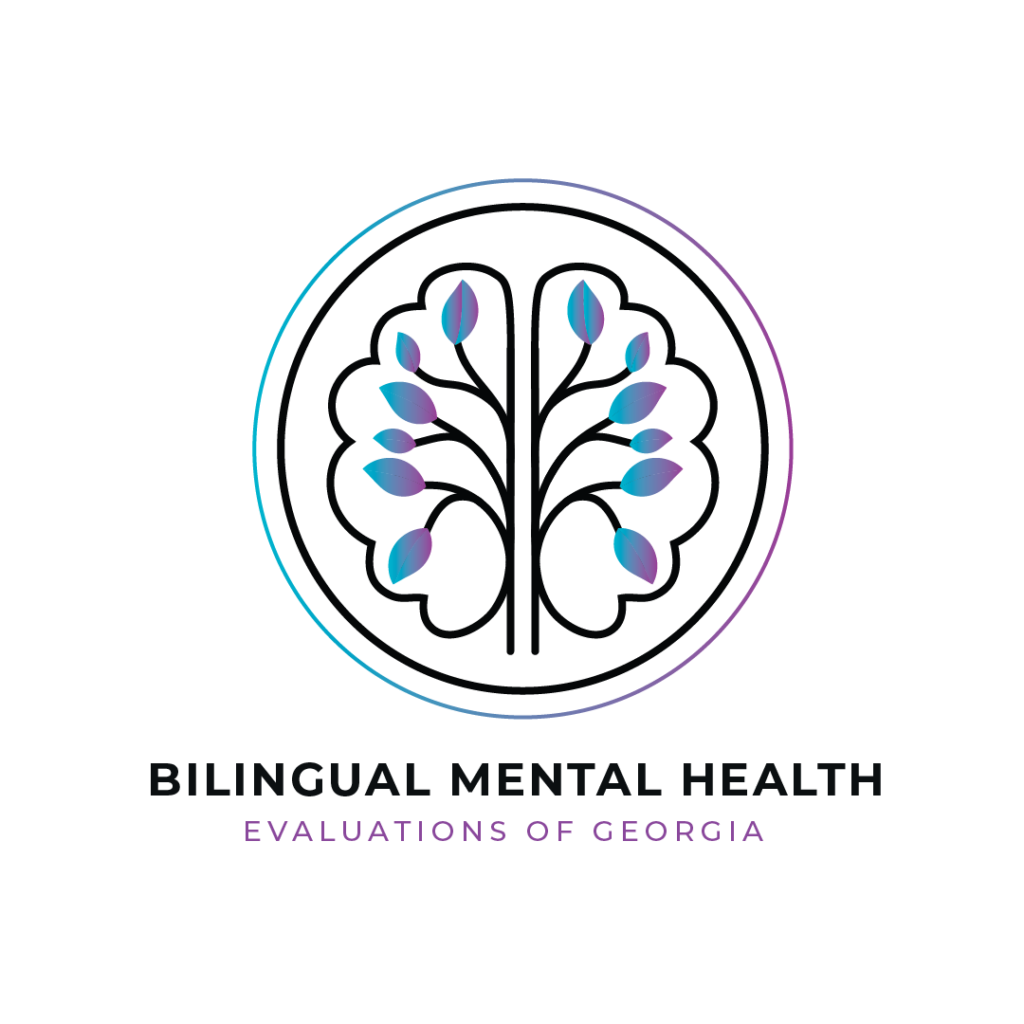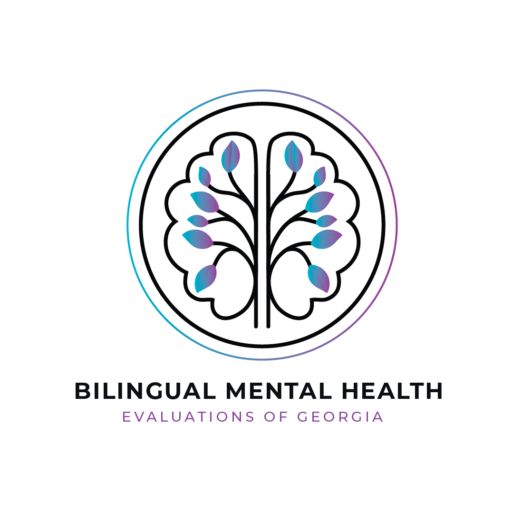

At Counseling Institute of Atlanta, we would be more than glad to help your child and complete a comprehensive and detailed clinical evaluation in Spanish, English, or Portuguese for your child. Our bilingual team of clinicians is conformed by our clinical external supervisor, Dr. Jose Maria Artadi, M.D., and counselors Maria Eva Cameron, Luz Melania Soto, and Cindy Casias. Dr. Artadi, Board Certified Psychiatrist, will complete the evaluation and our team of counselors can provide psychotherapy services for your child and the family. You can read more about experts’ profile in our section Meet our Therapists.
The Center for Disease Control and Prevention- CDC, published in its webiste, the following guidelines about his disorder. You can find more information at cdc.gov.
Deciding if a child has ADHD is a process with several steps. There is no single test to diagnose ADHD, and many other problems, like sleep disorders, anxiety, depression, and certain types of learning disabilities, can have similar symptoms.
If you are concerned about whether a child might have ADHD, the first step is to talk with a healthcare provider to find out if the symptoms fit the diagnosis. The diagnosis can be made by a mental health professional or by a primary care provider, like a pediatrician.
The American Academy of Pediatrics (AAP) recommends that healthcare providers ask parents, teachers, and other adults who care for the child about the child’s behavior in different settings, like at home, school, or with peers.
The healthcare provider should also determine whether the child has another condition that can either explain the symptoms better, or that occurs at the same time as ADHD.
Healthcare providers use the guidelines in the American Psychiatric Association’s Diagnostic and Statistical Manual, Fifth edition (DSM-5), to help diagnose ADHD. This diagnostic standard helps ensure that people are appropriately diagnosed and treated for ADHD. Using the same standard across communities can also help determine how many children have ADHD, and how public health is impacted by this condition.
Only trained healthcare providers can diagnose or treat ADHD. For your information, the CDC includes the DSM-5 Criteria in shorten form.
People with ADHD show a persistent pattern of inattention and/or hyperactivity–impulsivity that interferes with functioning or development:
2. Hyperactivity and Impulsivity: Six or more symptoms of hyperactivity-impulsivity for children up to age 16 years, or five or more for adolescents age 17 years and older and adults; symptoms of hyperactivity-impulsivity have been present for at least 6 months to an extent that is disruptive and inappropriate for the person’s developmental level:
In addition, the following conditions must be met:
Based on the types of symptoms, three kinds (presentations) of ADHD can occur:
Because symptoms can change over time, the presentation may change over time as well.
ADHD often lasts into adulthood. To diagnose ADHD in adults and adolescents age 17 years or older, only 5 symptoms are needed instead of the 6 needed for younger children. Symptoms might look different at older ages. For example, in adults, hyperactivity may appear as extreme restlessness or wearing others out with their activity.
For more information about diagnosis and treatment throughout the lifespan, please visit the websites of the National Resource Center on ADHD and the National Institutes of Mental Health.
American Psychiatric Association: Diagnostic and Statistical Manual of Mental Disorders, 5th edition. Arlington, VA., American Psychiatric Association, 2013.

It is a safe and healing place for people to receive mental health evaluations, autism evaluations, ADHD, bariatric surgery evaluations, social security, Psychoeducational evaluations.